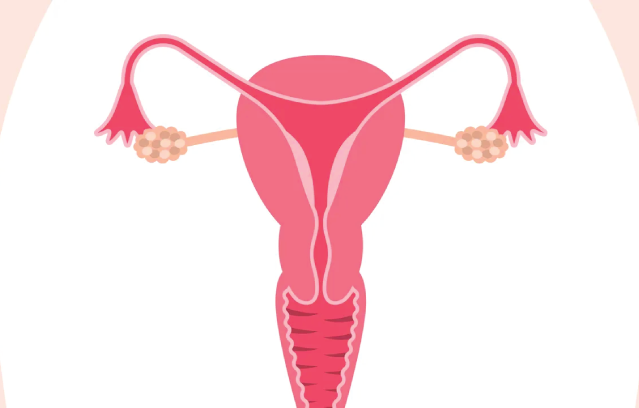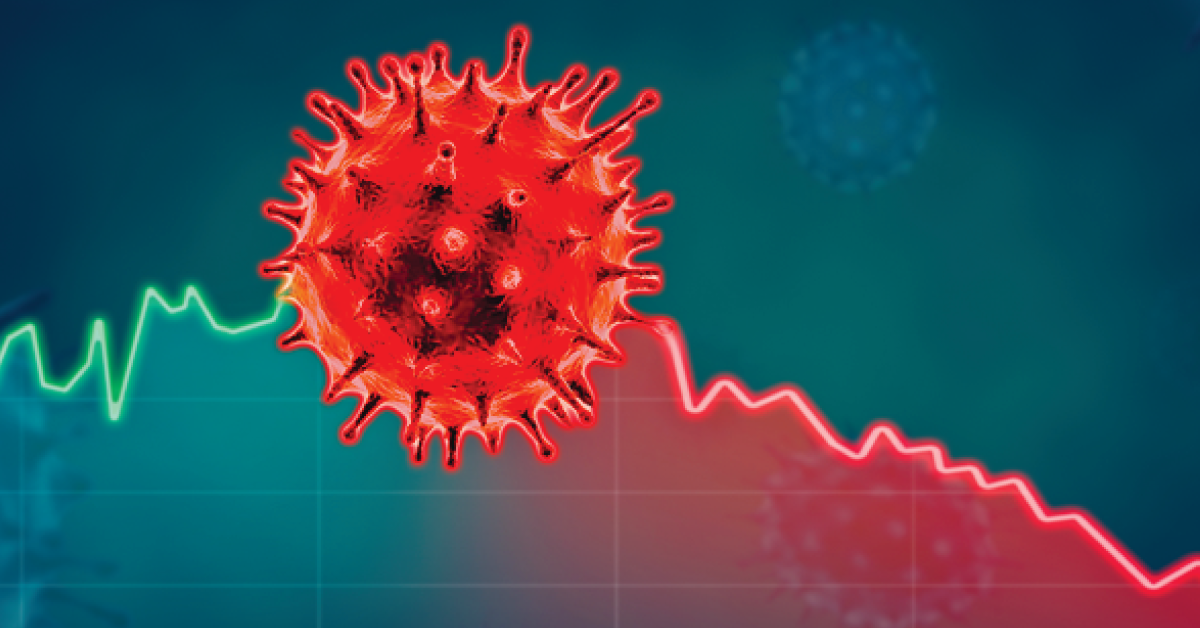
The ovary is the female reproductive organ. The ovary makes and stores eggs. The formation of eggs and the production of hormones are two important functions of the ovary. Often ovarian cancer goes undetected and it gets worse if it spreads to the pelvic and abdomen. Cancer occurs when normal cells grow abnormally. The major risk factors include age and BRCA gene. This means that if you have a family history of breast cancer or ovary cancer you are likely to have one. Generally the cancer is diagnosed at the last stage. This makes it deadly. This is due to the fact that the cancer does not have significant symptoms. Blotting, constipation and pressure on the pelvic are some common symptoms and often ignored. The staging of cancer is important to reach the best possible treatment. The two treatment methods are: surgery and chemotherapy.
What are the early warning signs of Ovarian cancer?
The female reproductive organ ovary consists of three types of cells: epithelial, germ and stroma. When the cells in the ovary grow abnormally they form tumours that can be cancerous and non cancerous. The ovarian cancer can spread to multiple organs like pelvic region, abdominal area and other regions as well. Most of the patients around the world are diagnosed in the later stage only. This is a challenge for the gynaecologist or oncologist to diagnose the cancer in an early stage. The first type of ovarian cancer is very general and can often be misled as another disease condition.
Bloating is experienced by many women as the first sign of ovarian cancer. There could be swelling or feeling of fullness. If this is persistently happening visit your gynaecologist as soon as possible.
Feeling full too quickly is another condition that women are likely to feel. If it occurs too frequently and you are suffering for way too long. Then it’s the right time to visit your gynaecologist. This will lead to difficulty in eating as well. This is the group of symptoms you will observe.
Pelvic pain and pressure can be a strong indication of ovarian cancer and spread of it. This pain can spread to the abdomen and pain in the back is frequent.
Frequent urination and constipation is a common symptom that a doctor can see but in case of ovarian cancer it can be worse.
Abnormal vaginal bleeding or discharge is a condition which quite often occurs in women. These symptoms can lead to other diseases as well. So the right thing is to visit your gynaecologist and ask for an examination.
The other thing is that we have to look for BRCA genes. These genes are found in every human but get expressed in certain bodies. Women having BRCA gene 1 are more prone to breast as well as ovarian cancer. If you have a history of ovarian cancer then visit an oncologist for immediate detection. The positive BRCA gene does not indicate that you are likely to have this condition but the chances will increase.
Is Ovarian Cancer Curable?
Ovarian cancer still holds the position of deadly disease because most of the time it is diagnosed at the later stage. If it spreads to different areas then it’s even harder to treat. Today there is a lot of shift in the treatment of ovarian cancer. Today cancer specialist believes in this new technology which has improved the treatment of the same. The use of newer drugs have changed the game the way ovarian cancer is treated. From diagnosis to prevention of recurrence to final stage treatment it’s all new! One more fact regarding ovarian cancer is that in most cases it is diagnosed in the fourth stage which makes it difficult to treat. So talk to your gynaecologist about the early signs. The standard care for cancer is a combination of surgery and chemotherapy. It is not compulsory to give chemotherapy or surgery in a particular order. This depends on the condition of the patient. If you are looking for surgery consult a cancer surgeon. The decision of picking the best treatment depends on the risk factor and the response of your body. A cancer surgeon can make a prediction about the response and after effects of the surgery. Surgery includes removal of the cancer. If the whole cancer part is being removed then that would be the best treatment for the cancer patients. The blood of the patient is also important in case of cancer patients and to choose the right thing. The oncologist will look for nutrition and protein levels. Generally the protein that is given importance is albumin. This is the protein which is important for maintaining the right osmotic balance. Right amount of albumin maintains the nutrition of the body.
The treatment is based on the size and stage of the cancer. Surgery and chemotherapy is the main treatment for ovarian cancer. Apart from that other treatments include target therapy, immunotherapy, radiation therapy and hormone therapy. The goal of the surgery is to remove as much as possible and if you are suffering from epithelial cancer then the other task is to stage the cancer. The removal might include fallopian tube, uterus or even the cervix. To prevent further damage the cancer surgeon might go beyond the reproductive parts. This includes lymph nodes and omentum which is the covering of the abdomen. The other parts include bladder, colon and stomach. Chemotherapy uses drugs to fight cancer. The drugs travel throughout the body. These drugs work by killing the cancer cells or either by stopping the abnormal growth of the cells. A cancer specialist will guide you through the chemotherapy. Targeted chemotherapy is for epithelial cancer cells. It targets the cell that makes them different from the other normal cells. This will reduce the size and growth of the cells. Targeted chemotherapy will affect the normal cells too. This leads to side effects. Immunotherapy is another treatment which strengthens your immune system. This helps the body to fight the cancer cells. The other treatment includes hormonal therapy and radiation therapy.
Stages of Ovarian Cancer
After the diagnosis of ovarian cancer, the oncologist will decide the stage of the cancer. The stage of the cancer is important to pick the right treatment. The process is known as staging. This will help the cancer specialist to know about the spread of the cancer and survival statistics. This is an important aspect when dealing with this cancer.
There are four stages in cancer. The stage I to stage IV. The rule of the staging is that lower the number, lesser is the spread. This means that lower numbers are safe! Oncologists have found that although two patients are classified in the same stage but the outlook of the cancer is different. The very next step is how to stage? This includes tissue examination. The tissue is taken and sent to the laboratory. The system that is used for cancer is the TNM system.
The extent of tumour for which T stands for. This is the first step in defining the stage of the cancer. In this we will study the spread to other organs. This includes bladder, fallopian tube, uterus and other pelvic organs.
N for lymph nodes. The spread of cancer to lymph nodes is a common thing that happens in most cancer. Here the different lymph nodes are looked upon to finish the second step of the staging.
Metastasis is defined as the spread of cancer to different organs. This is done to know the spread to major organs like lungs and liver.
After the oncologist has completed this, the next step is surgical staging. The further removal of cancer mass and extent of removal.

